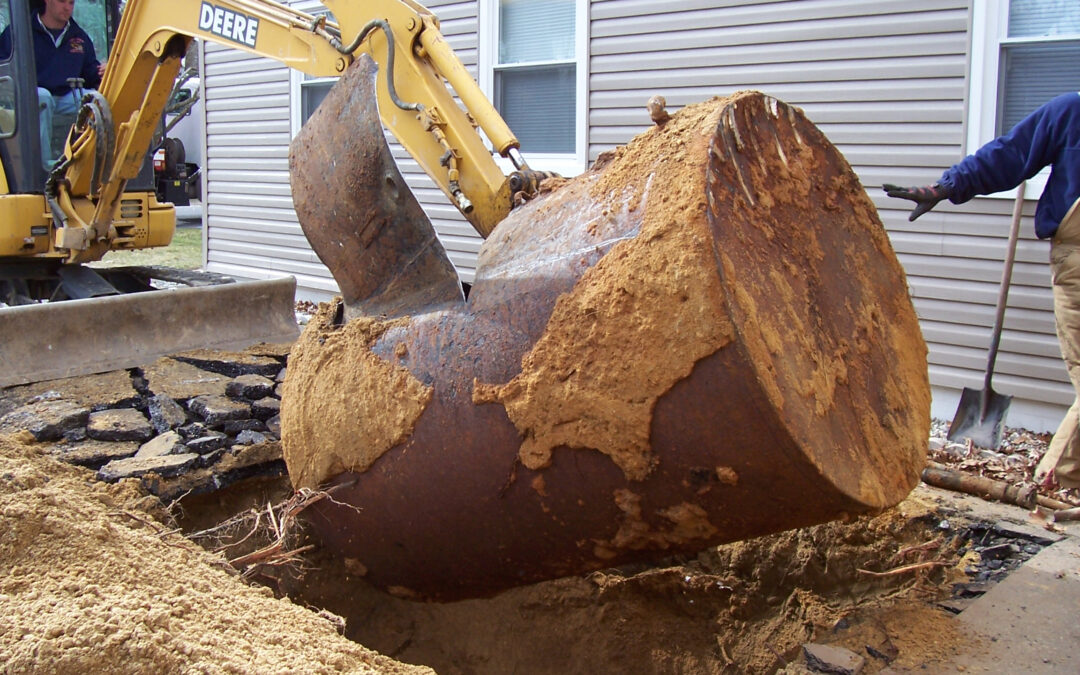
by Jim Davis, Environmental Risk Management | Aug 29, 2014 | Environmental Services, Hiring a Consultant Series
As the owner/operator or responsible party, you must be aware that you are ultimately responsible for the investigation and cleanup of your release. Therefore extreme care should be used when selecting an environmental consultant, because the responsibility remains...

by Jim Davis, Environmental Risk Management | Aug 23, 2014 | Environmental Services
We want to share a document with you from the Department for Environmental Protection and Kentucky’s Division of Enforcement because companies need to be informed about the Enforcement Branch to maintain the required environmental laws and understand how they...

by Jim Davis, Environmental Risk Management | Jul 2, 2014 | Environmental Services, Industrial Health & Safety Services
Many older underground storage tanks (USTs) need be be closed properly to protect human health and the environment. Contaminated ground water is usually the first sign that you have a problem with a UST. For the best tips on closing a UST we need to first know if you...

by Jim Davis, Environmental Risk Management | Jun 24, 2014 | Environmental Services
Last year a Kansas refiner had to pay $2M in fines and reimbursement costs for a 2007 oil spill. Per the EPA, the company discharged about 2,145 barrels of crude oil, diesel fuel, and oil water from it’s refinery into a nearby river during a flood on July 1,...

by Jim Davis, Environmental Risk Management | Jun 19, 2014 | Environmental Services, Industrial Health & Safety Services
The Toxics Release Inventory (TRI) Requirement EPA requires reporting of toxic chemical releases under EPCRA, and facilities that manufacture, process, or use toxic chemicals over certain quantities must file annual reports estimating the amounts released to the...






